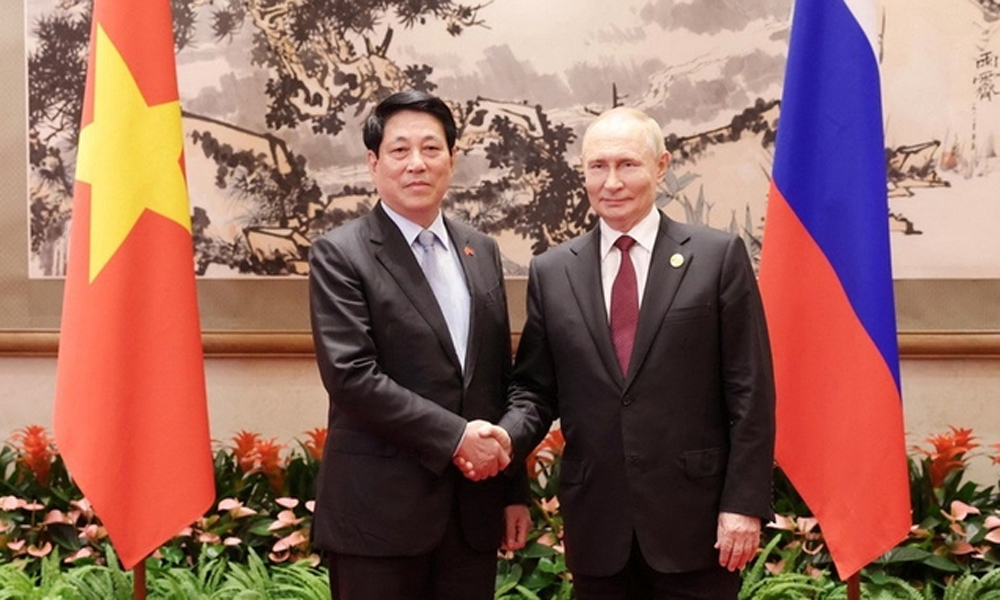AI opens new opportunities for Vietnam – China cooperation in auto industry
The Vietnamese and Chinese economies share many similarities, particularly in embracing new technologies and the dynamism of small and medium-sized enterprises. By leveraging AI, they could complement each other and create fresh momentum for growth, said a Chinese expert.
As artificial intelligence (AI) is emerging as an important driver of technological innovation in many sectors, especially the automobile industry, Vietnamese and Chinese universities, research institutes, and businesses are believed to hold great cooperation potential in this field.
 |
|
Illustrative photo. |
Talking to the Vietnam News Agency, Liu Kainan, executive president of Nanning Digital Science and Technology College, emphasised his school’s close ties with Vietnam over many years.
“Many of our lecturers have studied or conducted research in Vietnam, including a deputy dean who earned his doctorate there. We are now running several cooperation programmes with Vietnam.
For example, in Thai Binh province, a Geely automobile plant is under construction, and our college is directly responsible for training the factory’s technicians and managers in both technical skills and foreign languages,” Liu said.
He noted that the college regards automotive technology as a flagship discipline while also expanding into arts, humanities and languages, including Vietnamese.
This illustrates that cooperation with Vietnam is not limited to technology but extends to culture and education, fostering more sustainable ties.
Beyond production, Liu underscored the transformative role of AI in the auto sector.
“AI is a rising industry. Whoever seizes this trend will achieve a breakthrough. If we look back, China’s Internet economy boomed in around 2000 and laid the foundation for rapid growth. Today, Vietnam stands before a similar opportunity in the AI era,” he observed.
Experts highlight AI’s vast applications in automobiles: autonomous driving systems, big data management for traffic, development of smart electric vehicles, and improvement in production lines. These areas are priorities for both Vietnam and China as they seek to boost competitiveness regionally and globally.
Unlike the heavy industry era which required massive capital investment, AI demands primarily intellectual input. “In AI, the starting line is more equal,” Liu explained. "That is why I see this as a shared opportunity for all.”
According to Liu, the Vietnamese and Chinese economies share many similarities, particularly in embracing new technologies and the dynamism of small and medium-sized enterprises. By leveraging AI, they could complement each other and create fresh momentum for growth.
Vietnam, with its young workforce, fast digitalisation, and strong government support for national digital transformation, is well positioned to leapfrog in AI adoption.
China, meanwhile, offers experience in industrial development and a large-scale technology ecosystem. If effectively combined, this synergy could bring significant bilateral benefits.
However, the expert caution that Vietnam must address key challenges to fully harness AI in the auto sector. These include developing a legal framework for new applications, ensuring data security and privacy, and investing more in basic research.
China could provide support in technology transfer, project management expertise and access to large-scale datasets. Strengthened cooperation in education and research will also help train high-quality human resources for the future.
 Bắc Ninh
Bắc Ninh












Reader's comments (0)